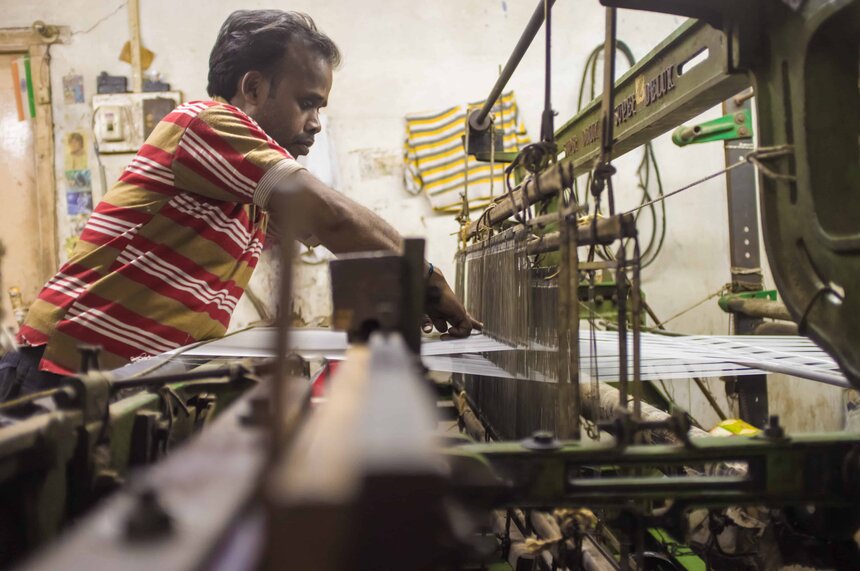Why We Invested in Yelo (0.5 Bn FinHealth): Empowering Blue-Collar Workers in India

By Anuradha Ramachandran and Sarvesh Kanodia
Jagdish works as a technician at a textile factory in Daman. Originally from Jaipur, he is in his late 40's and has now worked in different parts of the country and across various job roles. Ask him about insurance, a savings bank account, and other financial products and he’ll most likely say "banks are not for people like me". His sentiment is one echoed across India’s blue-collar workforce.
Efforts in the areas of digitization and financial inclusion have resulted in more than 500 million internet users, 300 million smartphone owners, and bank accounts covering 80 percent of Indian adults. However, adoption of formal financial services is still low and a vast majority of households do not have access to formal credit. According to a World Bank report released in 2018, 48 percent of the country’s bank accounts are inactive. Similarly, an IMF report from December 2017 states that only 13 percent of Indian adults borrow through formal channels. As of March of this year, only 47 million credit cards were in use.
Banks and startups are working to improve penetration in the high- and middle-income segment, but there is a distinct lack of focus on low-income customers like Jagdish, who typically earn less than Rs 25,000 (about $350) monthly. The processes, products, or services offered by the existing players simply do not cater to the needs of this segment.
So, while Jagdish has a bank account in his neighborhood bank, he ends up withdrawing his entire monthly salary from an ATM in order to pay bills or buy groceries. When faced with an emergency, he usually relies on the informal network of local lenders to borrow money, because he doesn't qualify for a credit card or other loan. And when he needs to remit funds to his family in Rajasthan, he reverts to the local banking correspondent agent, paying high service fees.
Exclusion from the formal financial system—and the high cost of transacting through informal services—have contributed to limit Jagdish's ability to save. After two decades of continuous hard work, he has only been able to put together a small rainy-day fund in gold.
Enter 0.5Bn FinHealth, a digital banking platform designed to meet the needs of blue-collar workers, helping to on-ramp them into the formal financial segment. The company leverages partnerships with corporates and SMEs to aggregate customers and provide them personalized financial product offerings. Through tie-ups with banks and other financial services companies, the 0.5Bn is offering the entire suite of financial products and services including a salary account, remittance, credit, insurance, and more, in an affordable, multi-language, and easy-to-use app backed by a friendly customer support.
The idea was hatched by Nilesh Agarwal, CEO and founder, during his time with the Financial Inclusion team at Omidyar Network. As an investment professional, he was often frustrated with the inability of incumbents and startups to serve the blue-collar segment, a key part of India's population. So, he finally decided to take the plunge. We are thrilled to see this venture come to life, practically incubated in our office in Bangalore.
Having worked with Nilesh and met his cofounders, we believe in the company's mission-driven approach and their focus on addressing current gaps in the financial services industry. We look forward to a future where the success of 0.5Bn draws more players to focus on low-income, underserved populations, providing them with access to meaningful, affordable formal financial services and in turn, helping them improve their financial health.